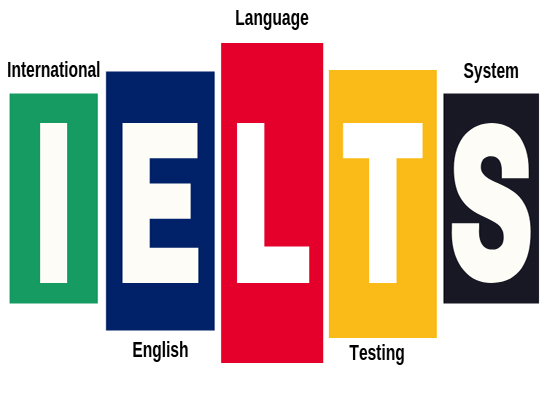EDU INDIA School of Language
- Expert trainers
- Oriented Approach
- Flexible Batches
- Great results


Online
Certifications
Top
Instructors
Unlimited
Online Courses
Experienced
Members
Book Your Demo Today
Live Online Classes With
Specialised Portal to Facilitate
Excellent Environment of Learning
EDU INDIA School of Language provides classes on web conferencing portal which is developed only for online education.
All the Online IELTS classes as well as Online Spoken English/Foreign Language classes are conducted Live Everyday.
.jpg)
How do Online IELTS Classes work?
✓ Live sessions with expert trainers
Best online IELTS classes need best online IELTS trainers and we have the best of the best. British Council and Cambridge certified trainers will train you in live interactive sessions.
Online personalised IELTS portal for practice
✓ IELTS sectional tests for self study
NIL online lelts classes provide enough material for you to study at home along with live IELTS classes with trainers. We understand the importance of practice and we made sure that you get enough of it.
Stay in touch with your trainers through mobile apps on iOS and Android


How do learn German Language?
The German language, known as "Deutsch" in German, is a West Germanic language primarily spoken in Germany, Austria, Switzerland, Liechtenstein, Luxembourg, and parts of Italy and Belgium. It is one of the world's major languages and has approximately 90-100 million native speakers. Here are some key points about the German language:
Alphabet: The German alphabet consists of 26 letters, the same as the English alphabet. However, it includes four additional characters, ä, ö, ü, and ß (Eszett or sharp S). These special characters represent specific sounds.
Grammar: German is known for its complex grammar, including noun gender (masculine, feminine, and neuter), cases (nominative, accusative, dative, and genitive), and a more intricate verb conjugation system compared to English.
Vocabulary: Many English words have their origins in German, so you may find some similarities between the two languages. However, German has a vast vocabulary of its own, with many unique words and expressions.
Dialects: Germany is home to numerous regional dialects, some of which can be quite different from standard German. The most notable dialects include Bavarian, Saxon, Swabian, and Low German.

How do learn french language
Learning the French language can be a rewarding experience, whether you're doing it for travel, work, or personal enrichment. Here are some key aspects to consider when learning French: Why Learn French?
Travel: French is spoken in many countries, including France, Canada, Switzerland, Belgium, and various African nations. Learning French can enhance your travel experiences in these regions.
Culture: French culture, including literature, cinema, cuisine, and fashion, has a global influence. Learning French can deepen your appreciation for these aspects.
Career: French is an official language of many international organizations, and knowing French can open up job opportunities in diplomacy, international business, and NGOs.
Remember that language learning is a journey, and everyone progresses at their own pace. The key is to stay motivated, practice regularly, and enjoy the process of learning a beautiful and useful language like French.

GET FREE STUDY ABROAD CONSULTATION






















